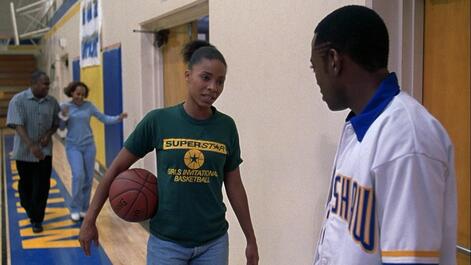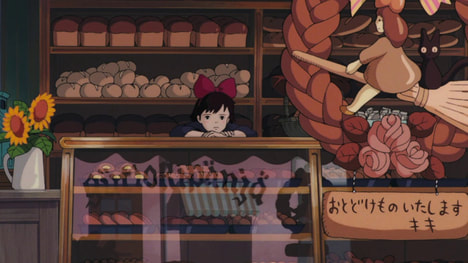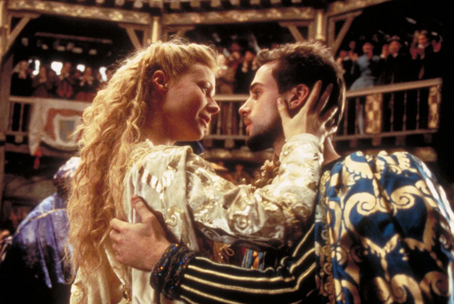TBD | A charisma-free dork uses time travel to make personality-less babes fall in love with him. Directed by Richard Curtis Starring Domhnall Gleeson, Rachel McAdams, and Bill Nighy Review by Jon Kissel |

 One of the eureka moments to come out of the MeToo Hollywood revelations was that so much of how the public approaches male-female dynamics is informed by the creations of sex pests and rapists. Hollywood romances seep into brains, convincing people that they’re the protagonists in their own sunny representation of love lost and found on the sidewalks of a Canadian city masquerading as New York. Once it’s discovered that the executives, producers, and directors who sculpt these stories have exploitative approaches to women in their own lives, one has to consider what they’ve been putting into the world for popular consumption. Richard Curtis does not belong to the gross fraternity of MeToo villains, but the depiction of women and the male pursuit of them in his movies could easily have come from the jaundiced mind of a serial abuser. The sentimental drivel of his films combined with aw-shucks protagonists whose clumsy obliviousness doesn’t stop them from getting the girl makes him one of my most hated writers/directors, and his high-concept About Time is yet another example of what makes Curtis such an irritating figure, albeit not a criminal one.
0 Comments
 Of all the movies to get a trilogy, Magic Mike seems an unlikely choice. Steven Soderbergh’s male stripper workplace drama/recession aftermath story/Matthew McConaughey revival ends with Channing Tatum’s dancer extraordinaire leaving the stripper life. Magic Mike doesn’t exactly take a negative view of his chosen profession, but it doesn’t imagine it as one with much longevity either. In both the first and second sequels to Magic Mike, Tatum’s Mike Lane fails off-screen and returns to the only thing the universe wants him to do. The tsk-ing tone of the original gives way to male strippers as vessels of female empowerment, rejuvenators for women who have ignored the part of themselves that’s confident and attractive. Middle entry Magic Mike XXL most embodies this idea in a plotless road trip, and Soderbergh returns to direct the final chapter in Magic Mike’s Last Dance, a film that dissolves the stripper gang and sends Mike to stuffy London, where he is enlisted to liven up the frosty blue-bloods with athletic dance moves and simulated sex. In a rare miss for Soderbergh, the trilogy limps to a conclusion, drained of most of the jovial energy that earned Magic Mike two follow-ups.
 Gina Prince-Blythewood’s directorial debut, Love and Basketball, puts her alongside other talented female directors like Lynne Ramsay, Debra Granik, and Dee Rees whose output is unjustly sparse. Prince-Blythewood’s quick first step should’ve earned her as much work as she wanted, but instead, she’s only directed four other movies in the intervening twenty-three years. Her first film knows a thing or two about struggling for a thing and not getting it, whether that be a career in professional sports or a relationship with a childhood sweetheart. Love and Basketball’s excellent grasp of its characters and their interplay is potent enough to power half a dozen films. Packed into one complete package, it makes for a fantastic experience.
 Wong Kar-wai’s In the Mood For Love is regarded as one of the best films of all time, at least as far as the Sight and Sound list of lists is concerned. Ranked #24 on the 2012 list, In the Mood For Love is the scored the highest of any 21st century film, setting huge expectations for any first-time watchers, or at least those familiar with esoteric film rankings. This is my fourth time with In the Mood For Love, and the one that hasn’t changed what I previously thought of it. The first time, I thought it was perfectly fine, maybe a little slow. The second time, I grew more convinced of its significance but wasn’t quite converted. The third time, for whatever reason, it clicked, leaving me enraptured throughout and a sobbing mess by the credits. This most recent viewing solidifies that final opinion, as I was on guard for a letdown but ended in the exact same place as before. In the Mood For Love’s subtlety and elegance wraps the viewer up in its silken tentacles, slowly but surely endearing itself as one of the great romantic pairings and deserving of its place in film history. If it’s not quite the best film of the 21st century, it has to be close.
 A film that persists in the culture due to its upset win at the Oscars over presumptive favorite Saving Private Ryan, Shakespeare in Love is one of those works that Oscar voters love. Featuring a romance between one of history's great playwrights and a co-lead who'll put her life and position to risk if only to get on the stage, John Madden's film flatters the work of producing and staging theater, something plenty of Oscar voters are going to be far more familiar with than fighting in heavy combat. Combined with the aggressive marketing and lobbying of Harvey Weinstein, the big win becomes less surprising. If it makes sense that Shakespeare in Love could win Best Picture almost twenty years ago, that leaves whether or not it's one of those winners that is largely forgotten as soon as the envelope's opened (The Artist, Million Dollar Baby, A Beautiful Mind, Driving Miss Daisy) or a film that holds up and lives on long after its release date (Unforgiven, Titanic, The Silence of the Lambs, Amadeus). The latter is a much smaller group, and alas, Shakespeare in Love isn't making it any bigger. Madden and company are able to depict the creation and production of a primal work of art, but the greatness of Romeo and Juliet only serves to remind the viewer how mediocre the film surrounding it is. |
AuthorsJUST SOME IDIOTS GIVING SURPRISINGLY AVERAGE MOVIE REVIEWS. Categories
All
Archives
April 2023
Click to set custom HTML
|